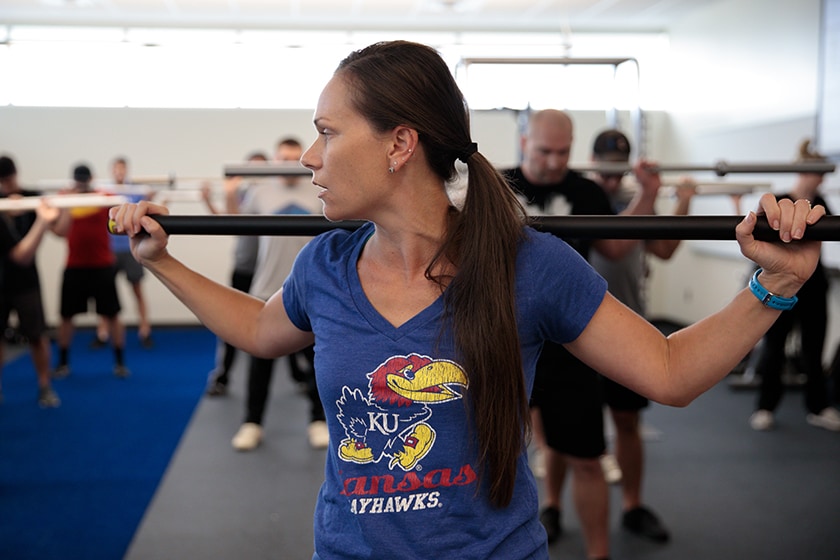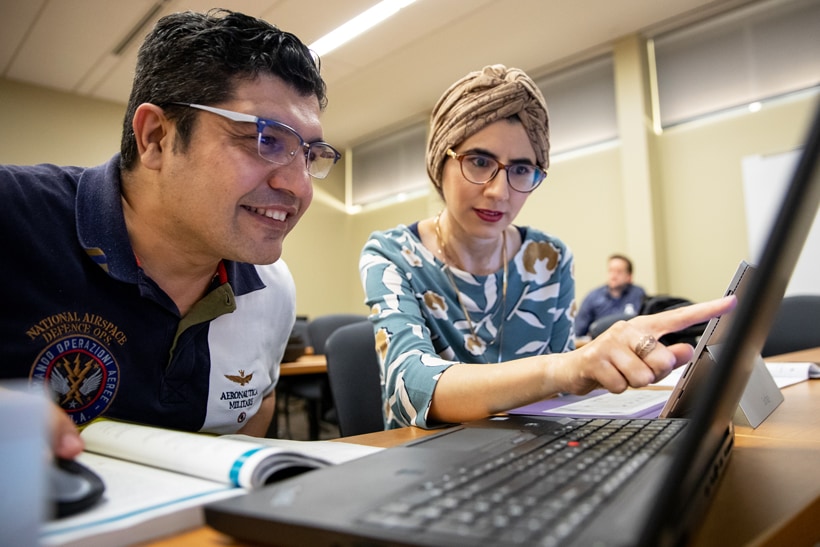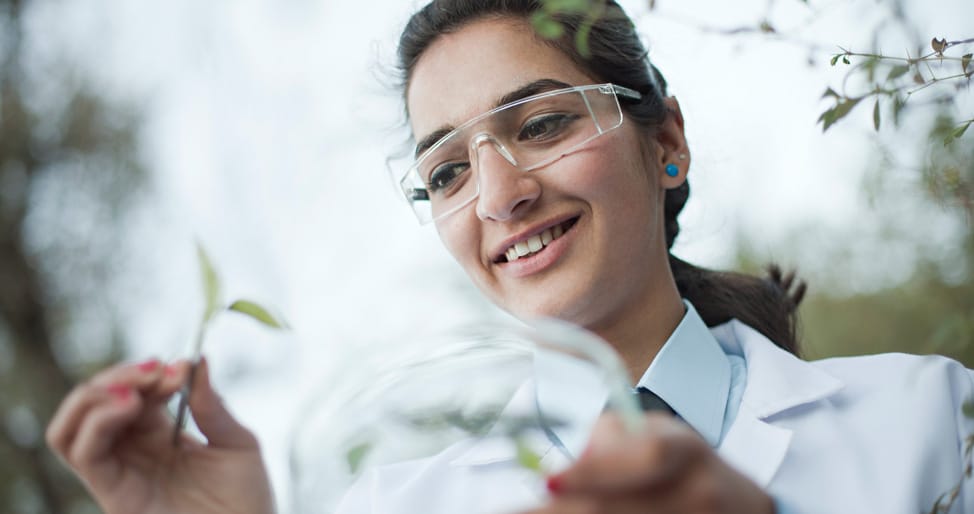The University of Kansas - Edwards Campus

Flexible and Focused
A University of Kansas education in Overland Park or online:
undergraduate and graduate degrees and certificates
Education to help you reach your personal and professional goals
- Choose from more than 60 degrees, certificates and professional education programs
- Receive the quality of education you and employers worldwide expect from the University of Kansas, through the convenient Overland Park campus or online
- Formats, instruction, curriculum, advising and faculty support designed for adult learners
- Professional and continuing education that gives you an edge
- Acquire knowledge and skills employers in Kansas City and beyond are seeking
- The Edwards Campus is home to the KU School of Professional Studies




